
Key Considerations for Using Lead-Acid Batteries in EPS Systems
Conclusion Lead-acid batteries can be suitable for EPS systems if the specific requirements and constraints

Conclusion Lead-acid batteries can be suitable for EPS systems if the specific requirements and constraints
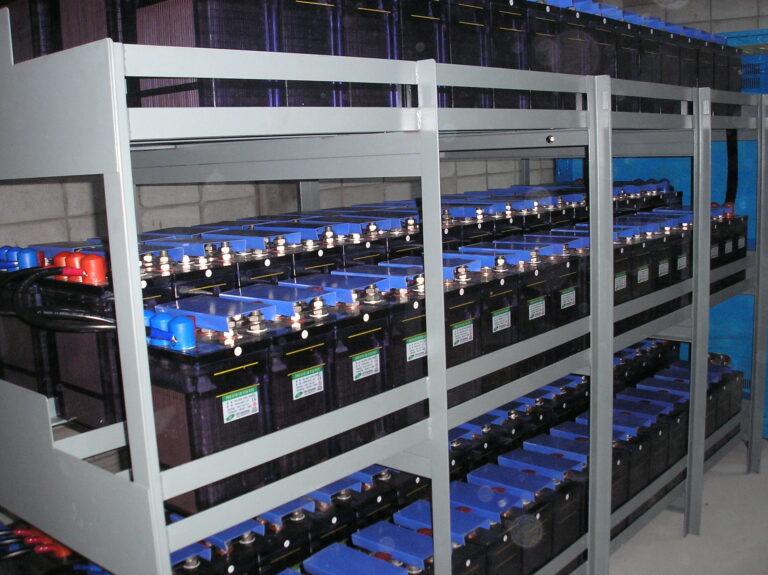
Using lead-acid batteries in Uninterruptible Power Supply (UPS) systems for Emergency Power Supply (EPS) systems

Here are five major differences between EPS (Emergency Power Supply) and UPS (Uninterruptible Power Supply)

EPS (Emergency Power Supply) systems and UPS (Uninterruptible Power Supply) systems serve similar functions but
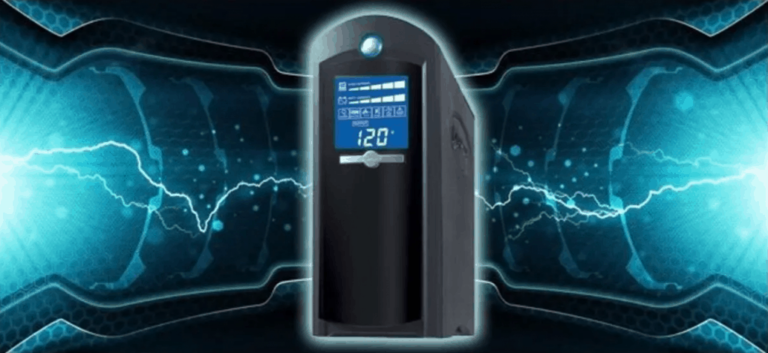
The cost of an Uninterruptible Power Supply (UPS) can vary widely depending on several factors
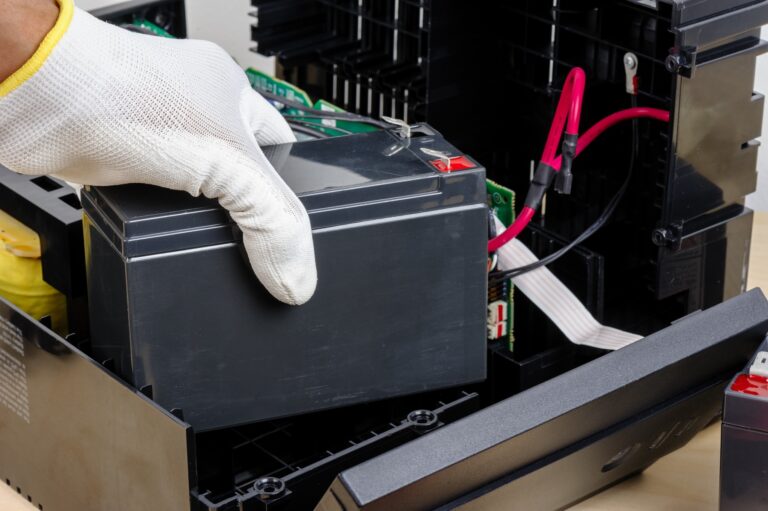
Identifying symptoms of UPS (Uninterruptible Power Supply) battery failure is crucial for maintaining the reliability
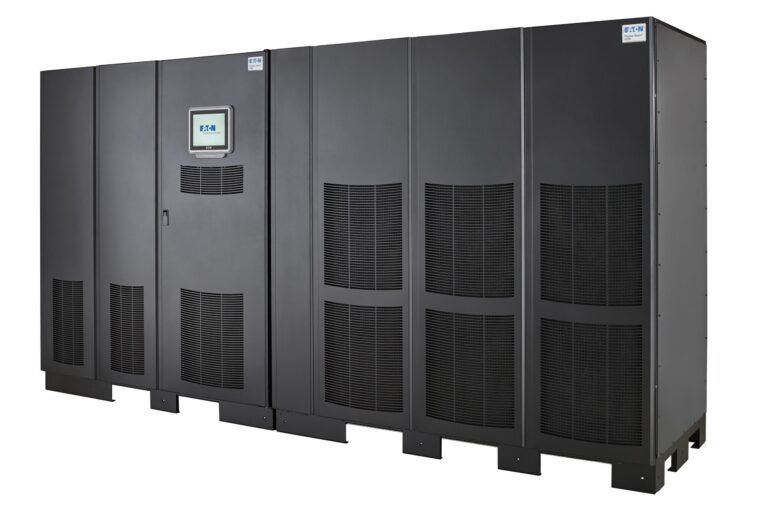
The structure of an Uninterruptible Power Supply (UPS) typically consists of several key components that

EPS stands for Emergency Power Supply or Emergency Power System. It refers to systems or

The composition of EPS (Emergency Power Supply) and UPS (Uninterruptible Power Supply) systems can vary
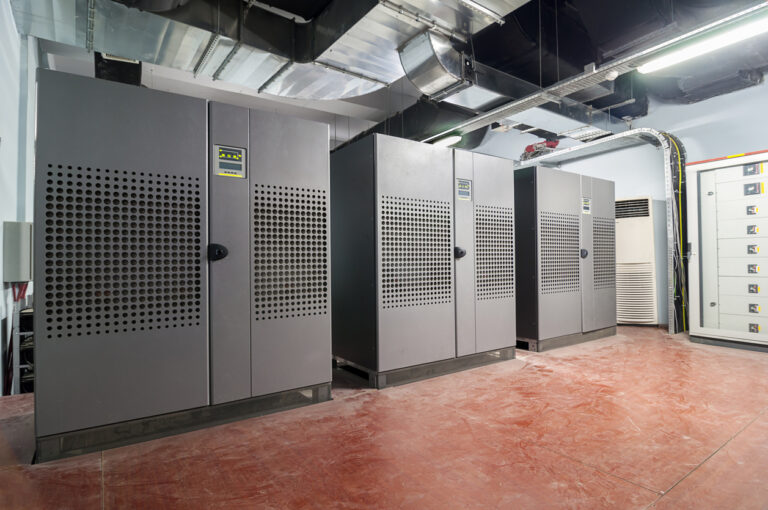
EPS (Emergency Power Supply) and UPS (Uninterruptible Power Supply) are both systems designed to provide